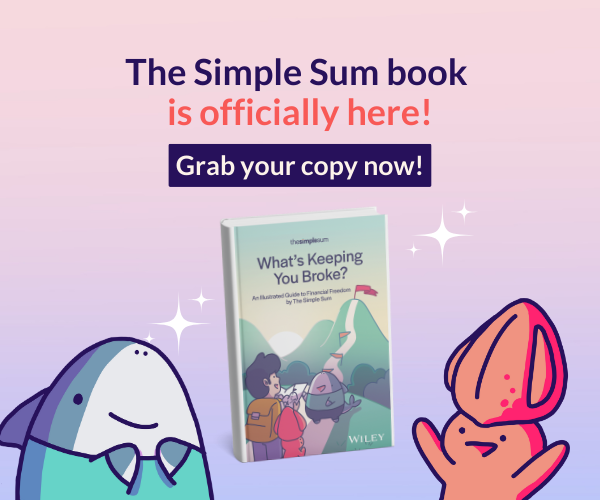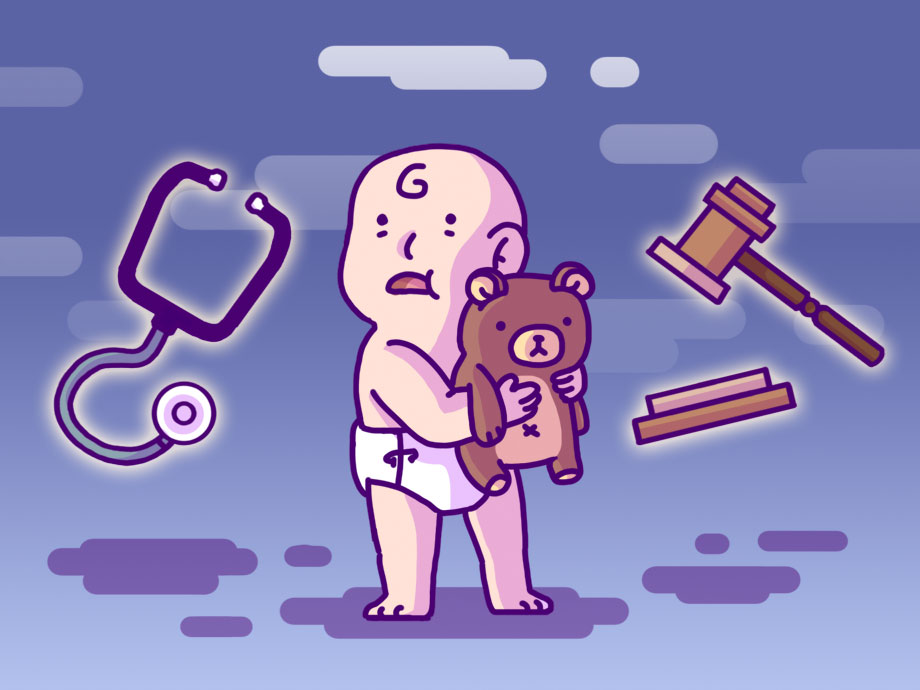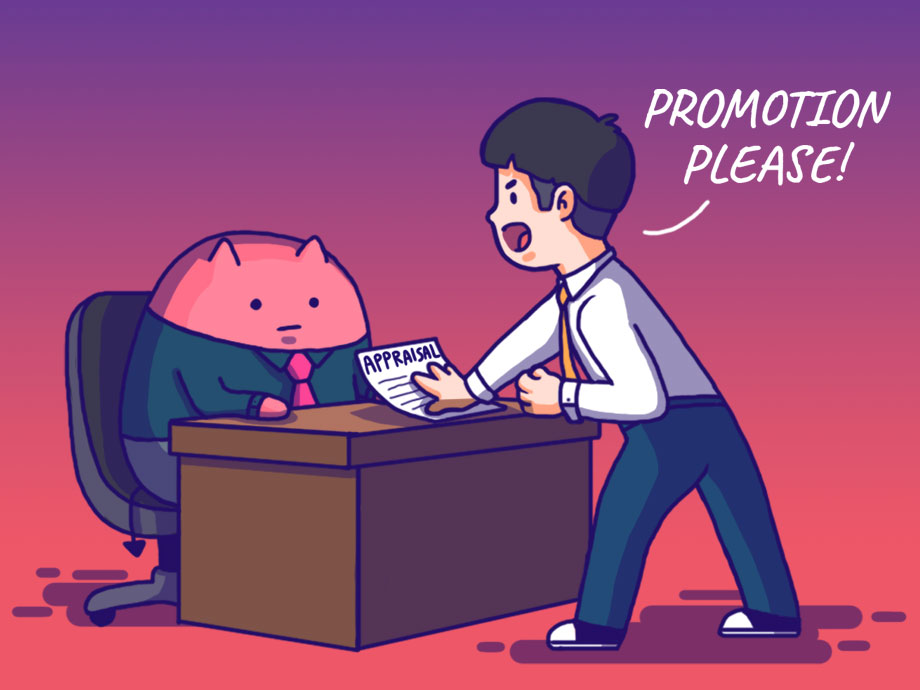Career & Education | Life | Article
Surviving A Pandemic As A Freelancer
by Marcus Lee | 21 Dec 2020
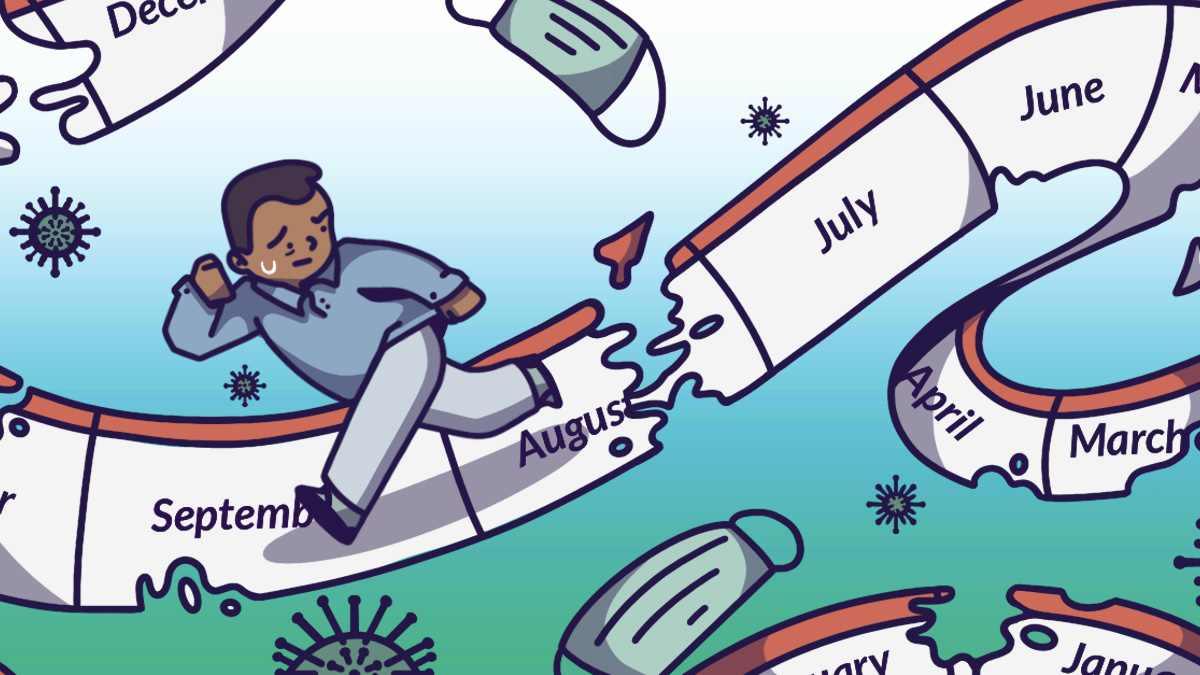
So Vision 2020 didn’t turn out exactly like what our two-time Prime Minister Dr. M thought it would be. Furloughs, lay-offs, and redundancies reverberated throughout the year and many job seekers were denied positions that were previously open. Can you survive a pandemic as a freelancer?
Such was the case for brand and marketing communications professional, Avinash. Avinash had almost secured a position in a prominent agency when the pandemic hit and the opportunity was swiftly made unavailable. We spoke to him to find out about his transition from a life in full-time employment to hustling as a full-time freelancer. Here are his 5 tips to surviving the pandemic as a freelancer:
- Dealing with dejection
“At any point of dejection, it is important to take a step back and reevaluate the situation. I needed to mentally ready myself for all the possible outcomes.” This means that you need to be ready for the possibility that only 1 in 100 pitches will land and that you will need to be ready to meet your bill payments without a steady flow of income.
- You Are Now Your Own Brand
Avinash stopped thinking like a white-collar worker and started thinking like a free agent. You are now the face that clients will see and you need to ask yourself some questions. What opportunities do you see for yourself as a freelancer that were unavailable before? Is there any area within a business that you can see yourself contributing to on a project basis? How can you leverage on previous work to brand yourself as a freelancer?
- Hunt Down Every Lead
Where do you begin? If you’re pivoting midway through your career you’ve probably made some contacts along the way. Cold call everyone. It’s time to let people know that you’re available for immediate work. Avinash approached this from the mindset of a writer at first and offered services like transcribing or copywriting but soon he came upon a deeper revelation about freelancing which we’ll get to in the next point.
- Focus on your niche

During the lockdown from March to May, Avinash began upskilling. He took online courses with specific niches to begin positioning himself not only as a freelancer who executes, but as a consultant who could offer more value to his clients. He already had an existing interest and expertise in UX/UI design and furthered focused on his niche during his time upskilling.
Not only that, he took courses to develop his soft skills: becoming more persistent, knowing his strengths and presenting them during a pitch, and learning what makes him happy as an individual.
This is what he said when we asked him the difference between being a freelancer and being a consultant.
“Essentially both function as independent contractors for the project however positioning yourself as a consultant highlights my experience on the subject matter. I’m able to consult on direction and advise on creatives versus as a freelancer, I’m only expected to execute a project without much say.”
- Downsizing your life
“Many freelancers cannot make it because they spend money they don’t have,” says Avinash. Because of the nature of contract work, your pay cheque does not come consistently every month and though the amount you will receive as a freelancer may be higher than what you would get with a 9 to 5, projects may take up to 3 months to deliver and payments are usually only made after delivery.
Stepping Out To Freelance
For future freelancers, Avinash has this to say, “Brand yourself strategically by capitalising on your strengths and do due diligence on your client to provide solutions custom to their needs.”
After three months of intense study, he was able to land freelance engagements in the fields that he pursued and with each successful delivery, he managed to position himself further as a consultant and request for higher compensation. “Don’t short change yourself. Have a starting point for your initial fees and keep in mind a way to negotiate around the figure with your clients,” says Avinash. This may mean discounts if the client wants to keep you on retainer or it may be some other package that can be worked around.
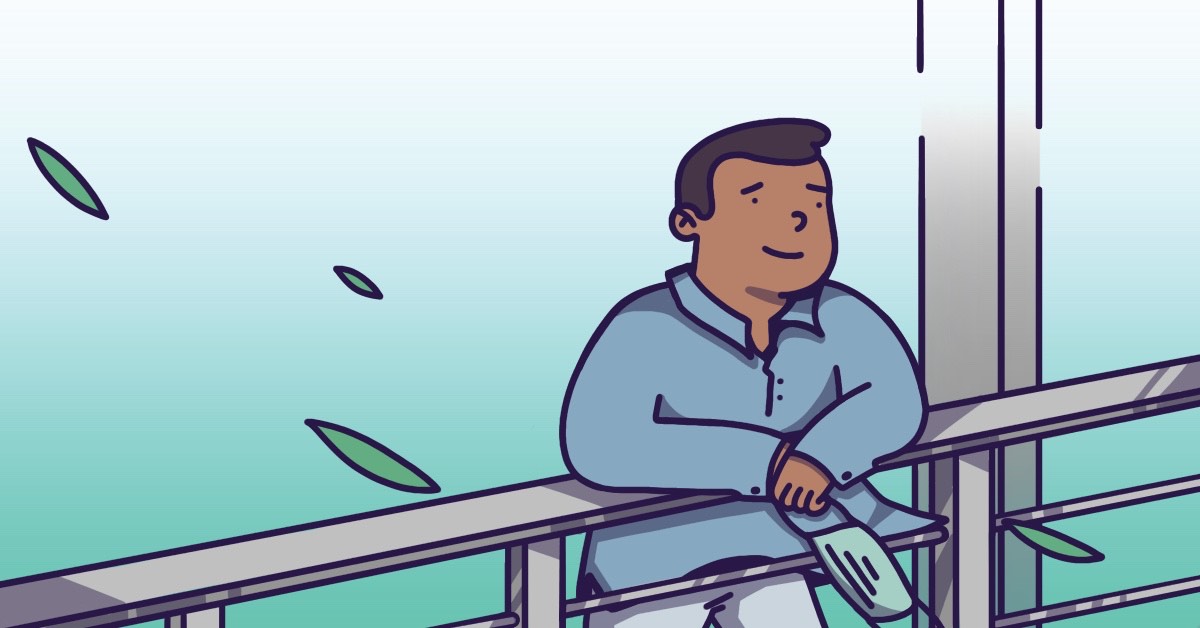
We hope you’ve learned something about how to pivot in the future and if you have a similar story, write to us at [email protected]. We’ll get your story told!




